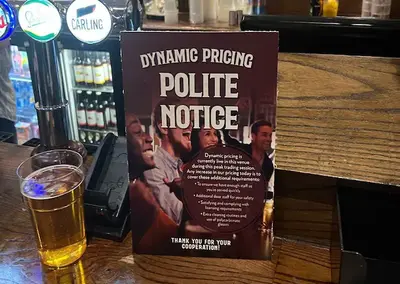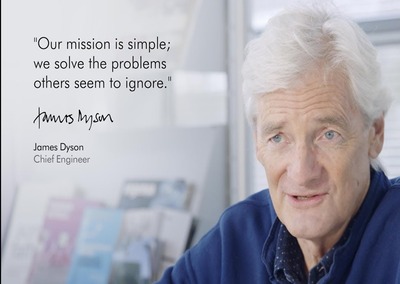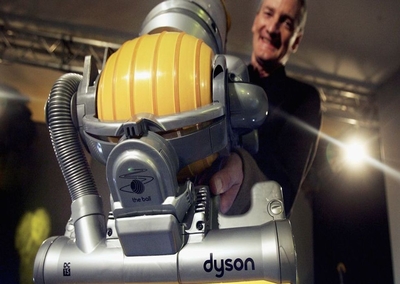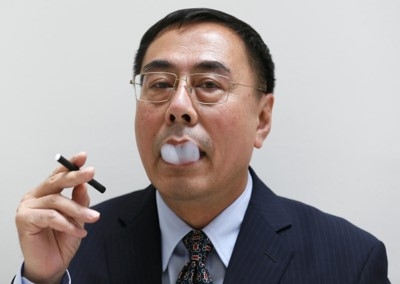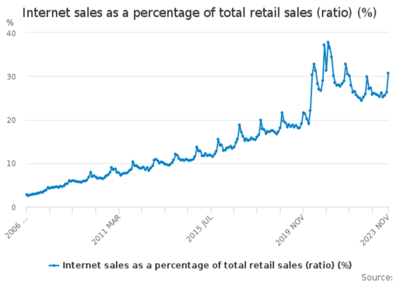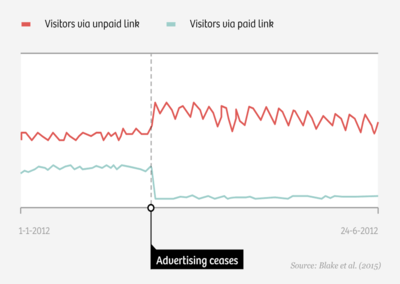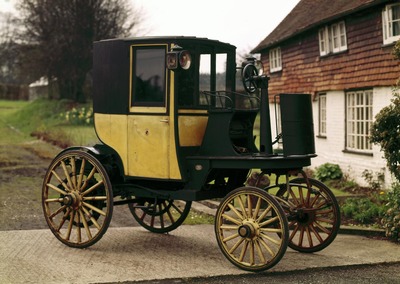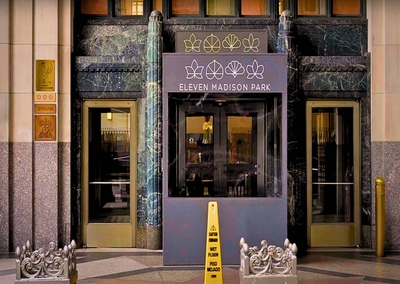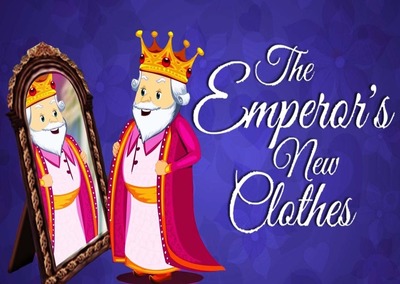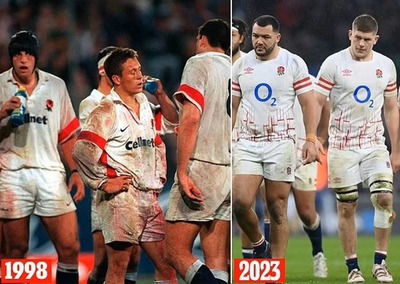The popular language learning app runs a Taqueria called Duo’s in Pittsburgh. It’s a great tool for building recognition, bringing in new customers, and fulfilling its mission of improving language skills: customers can try the “Español Challenge” to get a discount on their order. It accounts for ~$1M of the ~$625M in revenue Duolingo makes each year.
All Threads
In September 2023, pub operator Stonegate caused an uproar by imposing ‘surge pricing,’ in the form of a 20p uplift on a pint of beer during evenings and weekends. Yet no one complains when airlines use the same system; charging more for a Saturday flight in July than a Wednesday flight in November.
James Dyson doesn’t talk about household appliances to describe his products – he talks about solving problems others seem to ignore. This has given him licence to expand into a range of categories beyond vacuum cleaners, most notably hair dryers.
James Dyson re-invented vacuum cleaners without a background in engineering. He came up with the idea of a bagless vacuum after seeing how sawmills used cyclone force to eject sawdust, and his knowledge of furniture and interior design helped him create a successful prototype.
Hon Lik invented the e-cigarette in an attempt to kick his own smoking habit. Unfortunately, he’s now a dual user.
At the peak of Covid-19, we were told that e-commerce would transform the world. It turns out online shopping has followed the same growth trajectory it was on before the pandemic.
In 2011, Insiders at eBay were convinced their Google search ads were increasing website traffic. After all, the data showed that the more money spent on these ads, the more people clicked on the link to the eBay website. In reality, the ads weren’t causing more people to click on the link – they were simply guiding a growing number of people who were already looking for it. eBay eventually switched off the advertising and found a negligible impact on traffic.
The 2019 Nissan Dynamo was the first fully electric cab in London… since 1897, when Walter Bersey launched his fleet of battery powered taxis. Unfortunately, the weight of the batteries caused a significant amount of wear and tear on the tyres and the fleet was withdrawn within two years.
Will Guidara built Eleven Madison Park, the World’s Best Restaurant in 2017, by challenging the traditional notion of fine dining. For instance, removing the policy that waiters couldn’t put their hands on the table, and serving soufflés ‘incorrectly’ – in a way that enabled the server to maintain eye contact and a conversation with the person they were serving. “I found if I hired people who had worked in fine dining, they already had too many bad habits.”
At the restaurant crowned world’s best in 2017, the waiters finetuned their service by turning to the world of baseball. Like pitchers, they developed a hand system to signal customers’ water choice while they were still chatting through the menu. The water would then appear at the table before the waiter had finished their interaction.
You don’t have to look at survey data to find social desirability bias. The Emperor’s New Clothes, a 1837 folktale written by the Danish author Hans Christian Andersen, tells the story of a vain Emperor who believes his magical clothes are visible only to the worthy. Everyone, including the Emperor, pretends to see the clothes to avoid appearing unfit, until a child innocently points out the Emperor is naked.
The government only knows how many people are working because of the ONS Labour Force study, a monthly survey that asks thousands of individuals about their employment status. But declining survey response rates means there are now serious questions about data accuracy. We now face a remarkable situation where Andrew Bailey, governor of the Bank of England, says he wishes he “knew more exactly what our unemployment number was in the UK.”
You wouldn’t pay much for empty space, unless of course it’s a groundbreaking work of art. A European collector recently paid $1.2 million for Yves Klein’s ‘Zone of Empty Space’ – not bad for something invisible.
In the early 2000s, head coach Clive Woodward made England the first team to wear skin tight kit, believing that baggy shirts make it easier to be tackled. A small – and perhaps vital – factor in the team’s 2003 World Cup win.
Most people say they care about the environment, but that doesn’t mean they act on it. According to Ryanair CEO Michael O’Leary, just 1% of his airline’s passengers pay to offset their emissions. As he says, “people want low fare air travel, and people want somebody else to pay the environmental taxation.”


